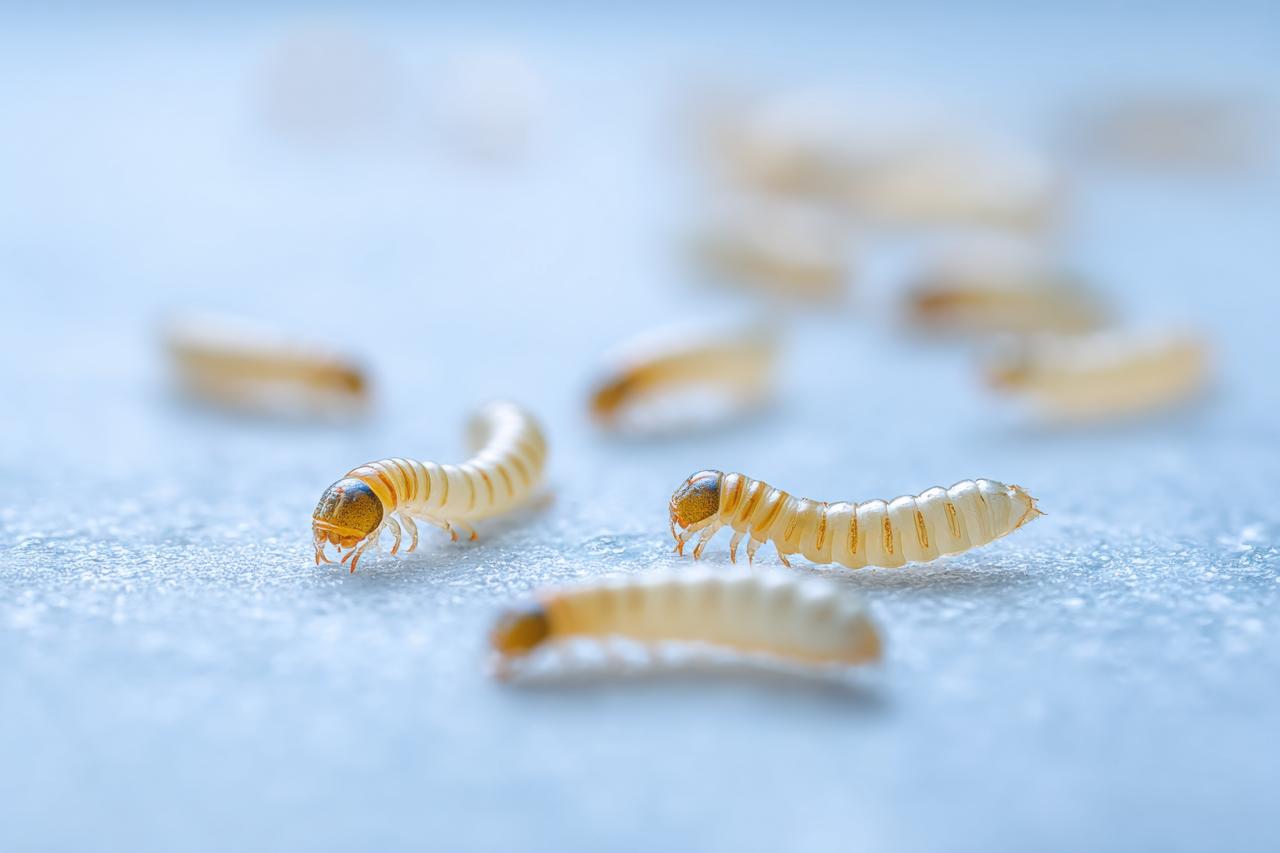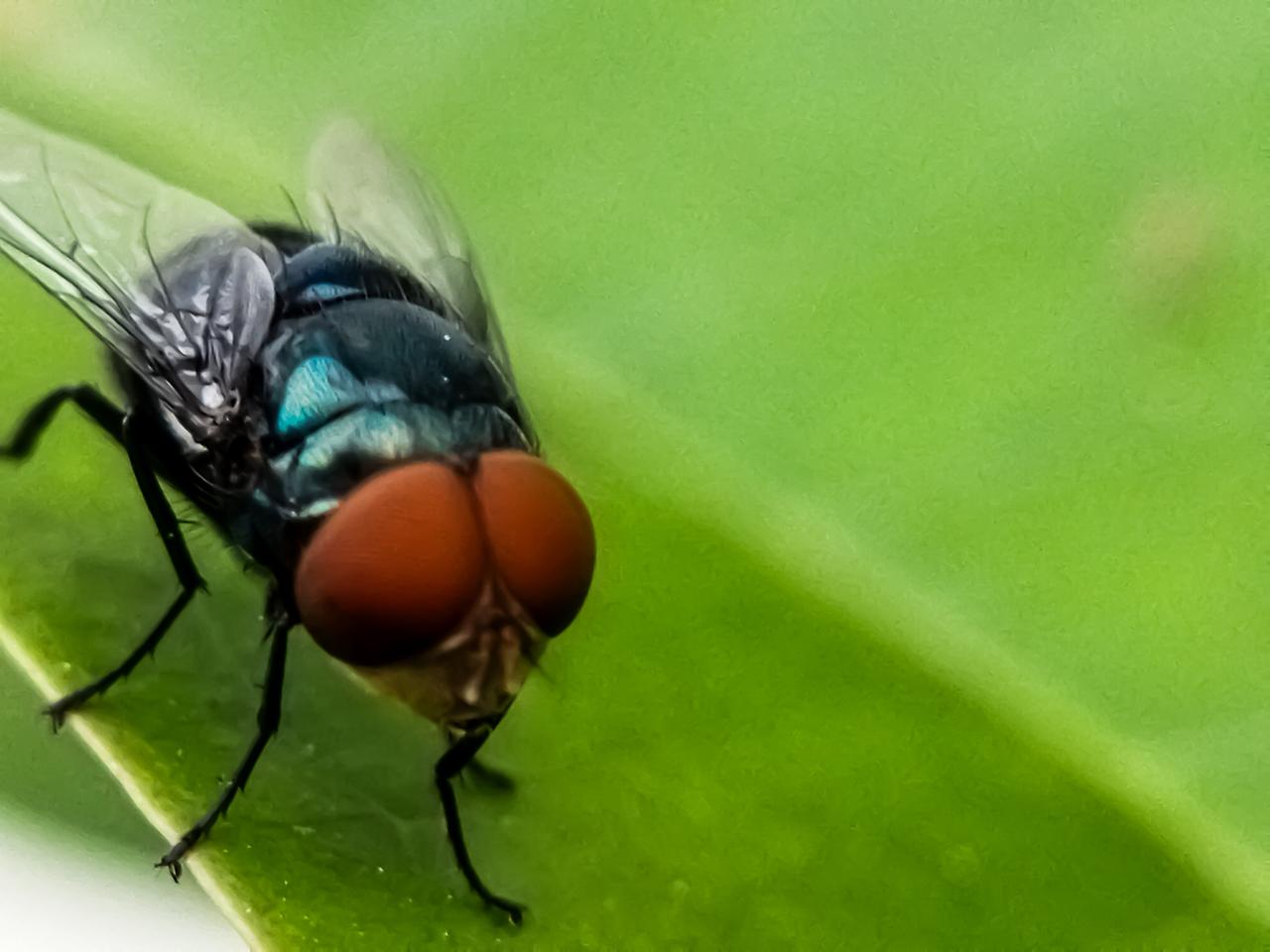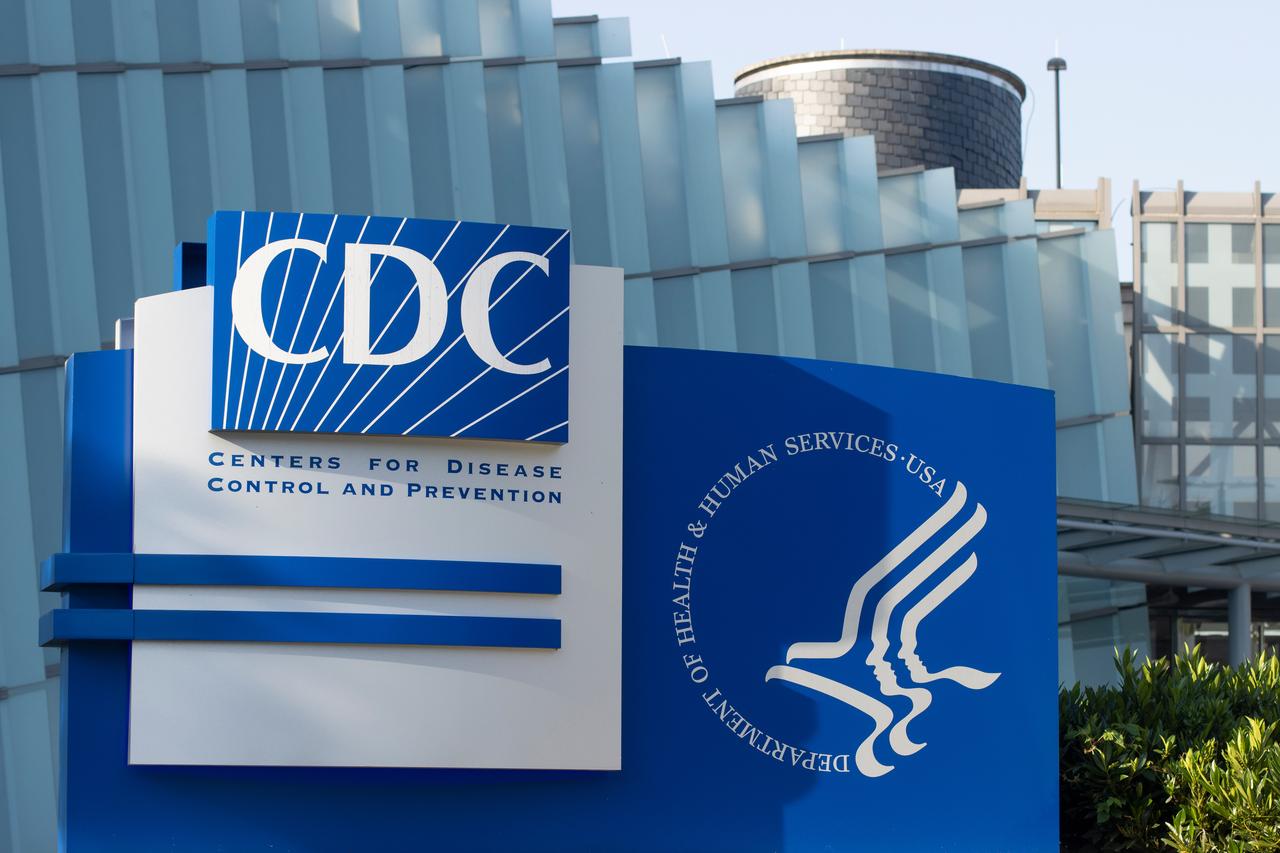
The U.S. Department of Health and Human Services confirmed Sunday the nation's first travel-associated case of New World screwworm, a flesh-eating parasite, in a Maryland patient who returned from El Salvador.
The Centers for Disease Control and Prevention (CDC) confirmed the case Aug. 4 through telediagnosis after reviewing submitted larvae images, according to HHS spokesman Andrew G. Nixon to Reuters.
The Maryland Department of Health and the CDC jointly investigated the case.
"This is the first human case of travel-associated New World screwworm myiasis from an outbreak-affected country identified in the United States," Nixon said in an emailed statement.
"The risk to public health in the United States from this introduction is very low," he added.

Reuters initially reported that beef industry sources said the patient had traveled from Guatemala, though the government confirmed El Salvador as the origin country. Nixon did not address the discrepancy.
The confirmation comes as the cattle industry remains on high alert. Screwworm infestations have moved northward from Central America and southern Mexico, prompting increased government response.
Beth Thompson, South Dakota's state veterinarian, told Reuters she learned of the Maryland case last week from someone with direct knowledge.
"We found out via other routes and then had to go to CDC to tell us what was going on," Thompson said. "They weren't forthcoming at all. They turned it back over to the state to confirm anything that had happened or what had been found in this traveler."

The U.S. Department of Agriculture estimates a screwworm outbreak could cost Texas, the nation's largest cattle-producing state, approximately $1.8 billion in livestock deaths, labor costs and medication expenses.
Just over a week before the confirmation, Agriculture Secretary Brooke Rollins traveled to Texas to announce plans for a sterile fly facility to combat the pest.
An executive from the Beef Alliance sent emails last week to about two dozen livestock and beef sector contacts about the case, according to sources who requested anonymity. The emails noted that patient privacy laws prevented disclosure of additional details but confirmed the person was treated and prevention measures were implemented.
New World screwworms are parasitic flies whose females lay eggs in wounds on warm-blooded animals. Once hatched, hundreds of larvae use sharp mouths to burrow through living flesh, potentially killing hosts if untreated.
"Myiasis is a parasitic infestation of fly larvae (maggots) in human tissue," according to the CDC. "New World screwworm is a species of parasitic flies that can cause myiasis and feed on live tissue," primarily affecting livestock.
The maggots' feeding motion resembles a screw being driven into wood, giving the pests their name. While devastating to cattle and wildlife, human infestations are rare but can be fatal without treatment.
Treatment involves removing hundreds of larvae and thoroughly disinfecting wounds. Infestations are typically survivable if caught early.